Sharing his thoughts on this meaningful journey, Mr. Nguyen Viet Dung – Director of the Center for Communication on Natural Resources and Environment ( Ministry of Natural Resources and Environment ) affirmed: "This is the first time in the world that such a cooperation model exists!"
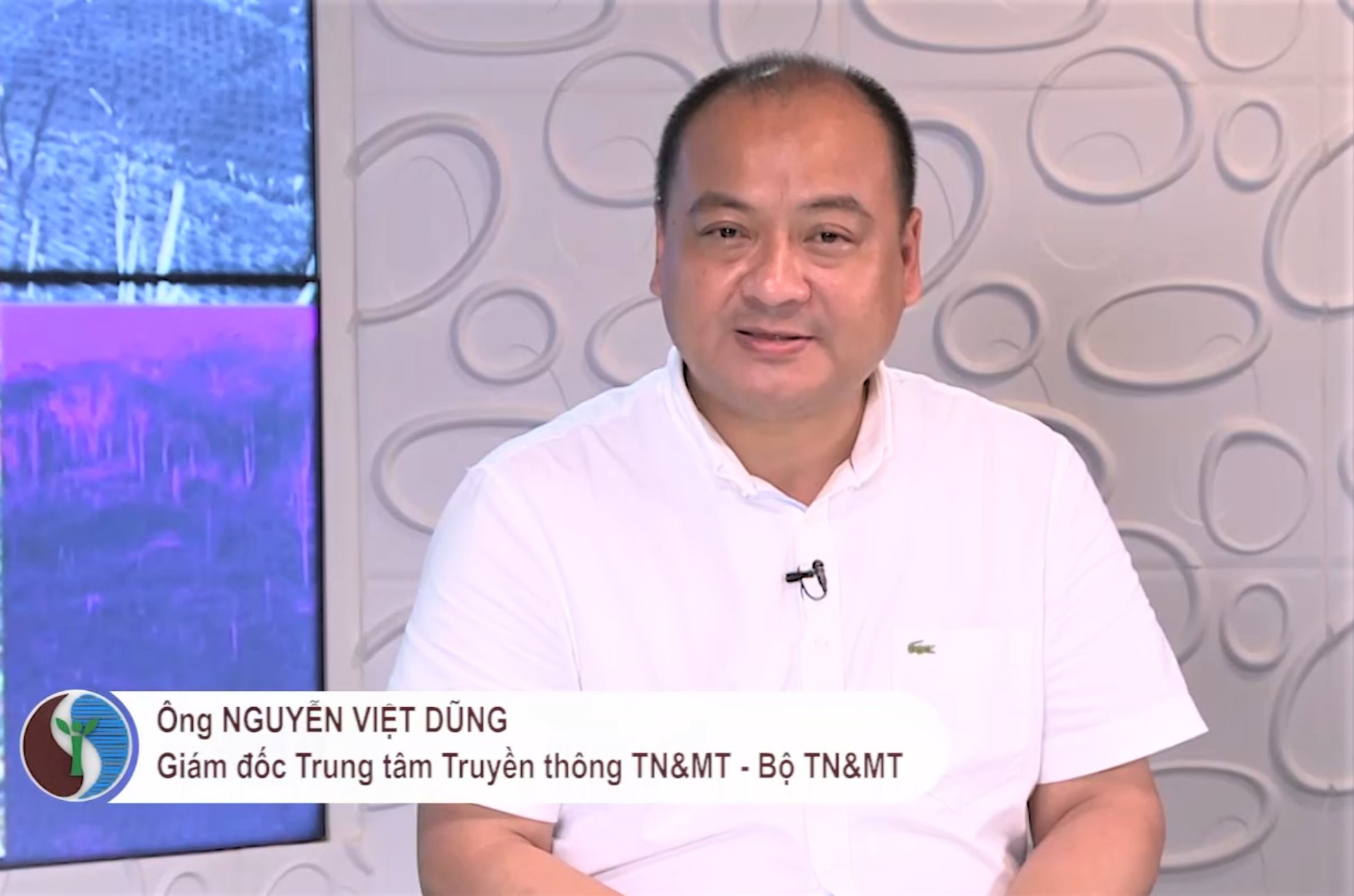
PV: Sir, the rapid economic development has caused many negative consequences for the environment. Along with climate change, this can be considered a "double" threat to people's lives. So, how are people of different religions in Vietnam affected by these issues, and how are they responding?
Mr. Nguyen Viet Dung:
The environment and climate change are global issues. In each country, ethnic group, and religion, due to unique geographical location, natural conditions, culture, and level of economic development, the impacts of the environment and climate change will differ, and the responses will also vary.
However, within their individual differences lies a shared concern. They share anxieties, such as environmental pollution, climate change leading to saltwater intrusion and rising sea levels. They share impacts on agricultural practices and forms of economic development. For example, people used to grow rice, but due to climate change, they have to switch to shrimp farming or a combination of rice and shrimp...
That's a commonality in practice. More fundamentally, religions share similarities in their philosophies regarding environmental protection and climate change adaptation. I've observed that modern religions have a very contemporary approach to environmental protection and climate change adaptation: an eco-humanistic approach. Religions place humans within the natural ecosystem, rather than outside of it. By placing humans within the ecosystem, they become an inseparable part of nature, benefiting from it and having a responsibility to protect it. Thus, humans and nature have a mutually beneficial and interdependent relationship for survival and development.
PV: From a humanistic and ecological perspective, how have religions manifested themselves in daily life, sir?
Mr. Nguyen Viet Dung:
I believe that the involvement of religions in environmental protection and climate change response through concrete activities is the most vivid example of this. For instance, in Buddhism, the question arises of how to release animals appropriately. Recently, many temples have guided Buddhists to release native animals, not exotic species. At places of worship, people are encouraged not to use single-use plastic bags and plastics, and not to burn votive paper...
To cultivate habits and change perceptions about environmental protection and climate change adaptation within religions in Vietnam, I believe that religions have done an excellent job of integrating these issues into their religious activities. Therefore, in each religious community, environmental protection and climate change adaptation have been felt and implemented very naturally. This is the fastest way to help people live better, more beautifully, and in greater harmony with nature.
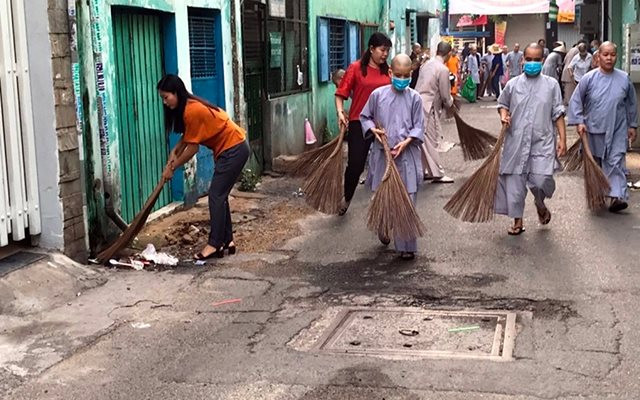
PV: Perhaps a testament to this spirit of beautiful and harmonious living is the fact that 14 religions, together with the Standing Committee of the Central Committee of the Vietnam Fatherland Front and the Ministry of Natural Resources and Environment, signed a commitment to the Program for Coordinating Environmental Protection and Responding to Climate Change (2015-2020). How has this program been implemented and what results has it achieved?
Mr. Nguyen Viet Dung:
I must emphasize that the coordination mechanism for environmental protection and climate change response between 14 religions and the Standing Committee of the Vietnam Fatherland Front Central Committee, and the Ministry of Natural Resources and Environment, is one of the first programs in the world with such a collaborative model. This is a source of pride, demonstrating the voluntary consensus of the government and religions working together for a greener environment for the country.
Looking back at the five years of implementing the coordination regulations, I believe that the best result achieved is the increased awareness among religious groups and community organizations regarding environmental protection and climate change adaptation. Through this coordination program, the Party and State's policies on climate change adaptation, rational use of natural resources, and environmentally friendly lifestyles have been effectively disseminated to the people. As a result, many practical activities have been regularly implemented within religious communities. Thus, the results of the program over the past five years have exceeded our expectations.
Over the past five years of implementation, religions have
We have developed over 2,000 models tailored to the specific conditions of each locality.
Each method and each religion brings practical results, contributing to creating transformation.
It has brought about profound changes in perception and altered the attitudes, behaviors, and habits of many people.
religious dignitaries, officials, monks, followers of various religions, and people in the community.
PV: Following the achievements of the Program for Environmental Protection and Climate Change Adaptation (2015-2020), at the end of 2022, the Standing Committee of the Central Committee of the Vietnam Fatherland Front, in coordination with the Ministry of Natural Resources and Environment, organized a conference to sign a Program for promoting the role of religions in environmental protection and climate change adaptation for the period 2022-2026. Could you please elaborate on this program?
Mr. Nguyen Viet Dung:
Phase 2 of the program is built upon the lessons learned from the previous phase. We have incorporated areas where we need to continue, such as successful models that need to be disseminated. In particular, key areas to focus on in the coming period include: implementing the 2020 Environmental Protection Law through activities such as waste sorting at source, mobilizing greater social participation and involvement of various sectors in environmental protection, developing a circular economy model, and fulfilling the commitment to achieving net-zero emissions by 2050...
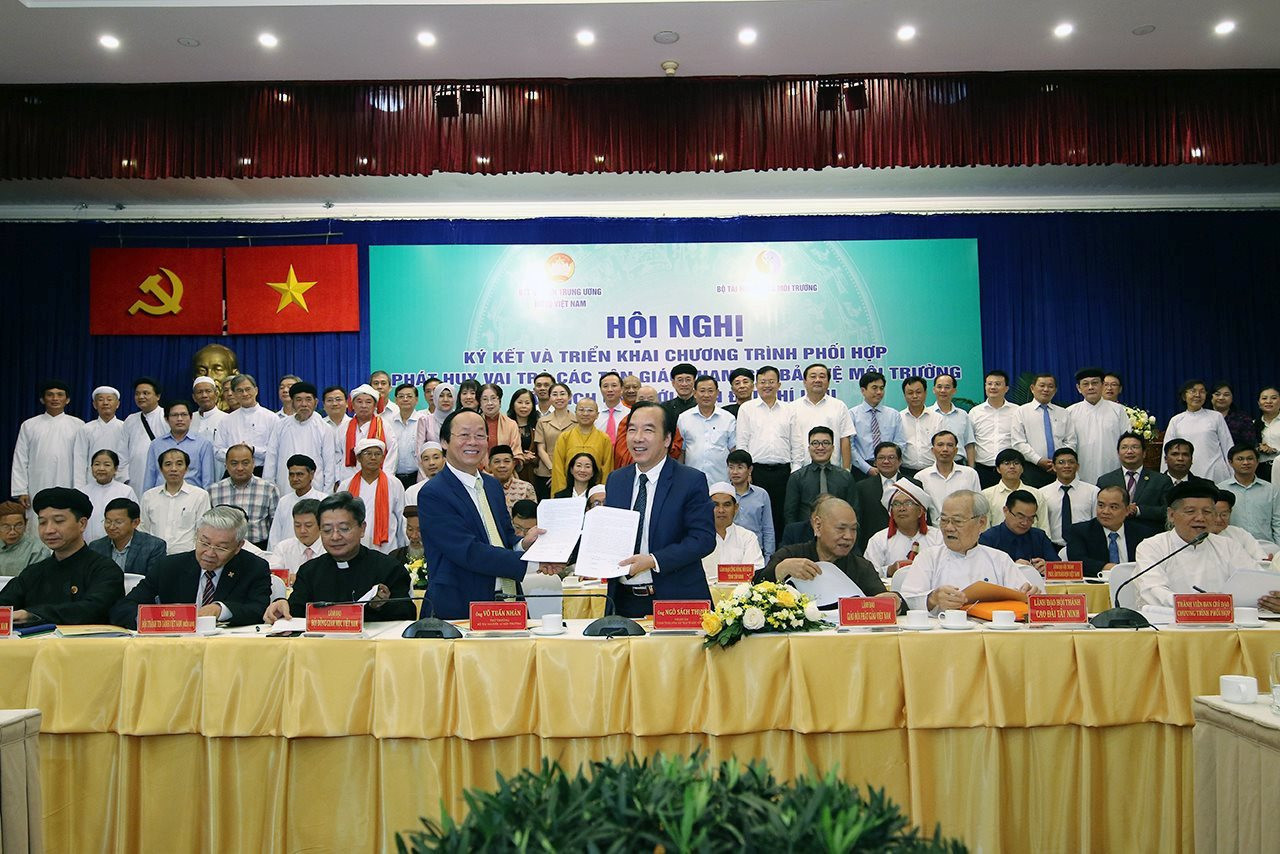
PV: To implement the above contents, communication plays a crucial role. So, what are the special aspects of communicating about environmental protection and climate change response to religions in Vietnam, and how should it be implemented?
Mr. Nguyen Viet Dung:
For communication and public awareness campaigns to be truly effective, I believe there are two key factors to consider. Firstly, it's crucial to mobilize broad community participation; that is, communication programs must be relevant to real life, livelihoods, and the issues that community groups and individuals are facing, so they will voluntarily participate. Secondly, these programs must benefit the community.
PV: In its role as a state management agency, how will the Ministry of Natural Resources and Environment work alongside religious organizations to promote green activities and create a green transformation throughout society, sir?
Mr. Nguyen Viet Dung:
The first thing the Ministry of Natural Resources and Environment did was to systematically and comprehensively complete the legal framework for green transition, including policy tools to encourage organizations and individuals to actively participate in environmental protection and climate change adaptation.
In addition, the Ministry of Natural Resources and Environment has been, is, and will continue to work closely with the Central Committee of the Vietnam Fatherland Front and religious organizations to effectively implement the Program on promoting the role of religions in environmental protection and adaptation to climate change for the period 2022-2026.
Through this program, a strong shift will be created in the awareness and actions of members, religious followers, and the general public in responding to environmental issues and adapting to climate change, such as: maintaining a clean, green, and beautiful lifestyle; reducing littering; practicing hygienic eating habits and ensuring good health; participating in green movements: "Green Sunday," planting trees and forests, greening fields, keeping alleys and houses clean; avoiding the overuse of pesticides; refraining from using banned substances in farming, livestock breeding, and agricultural product processing; avoiding the excessive burning of straw, votive paper, and scattering of votive money and incense that cause pollution; encouraging people to participate in cremation and burial in designated areas, reducing plastic waste; increasing the use and exploitation of clean and renewable energy sources such as wind power and rooftop solar power; and applying energy-saving measures and efficient energy use.
PV: Thank you very much!
Source








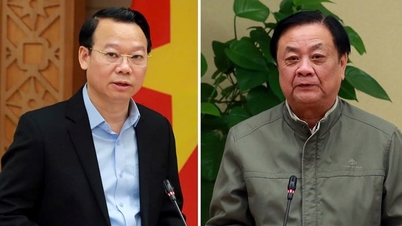




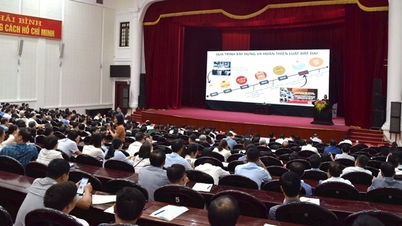



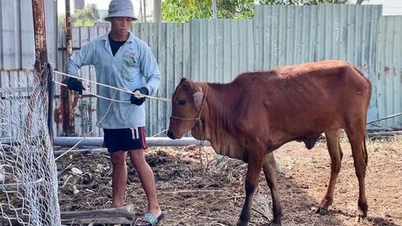









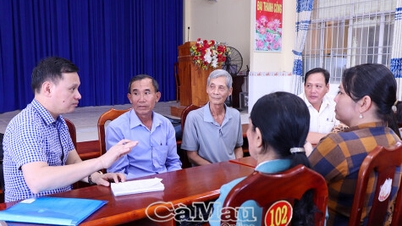






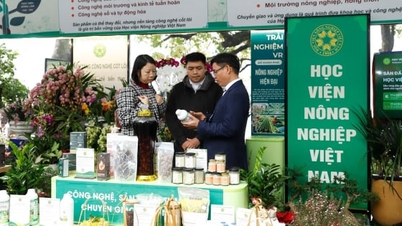

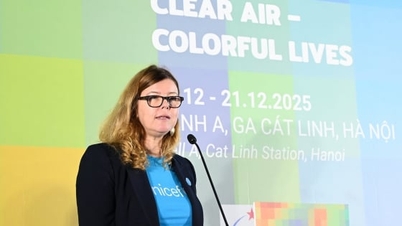
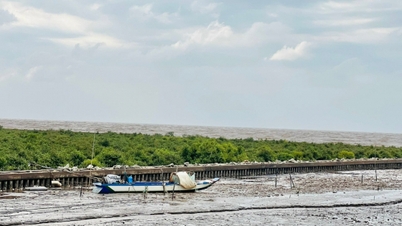
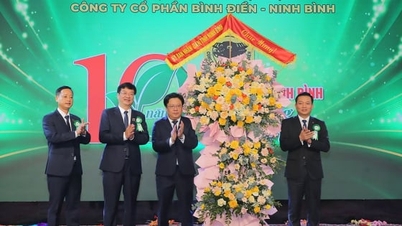



































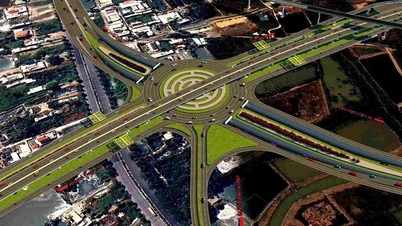


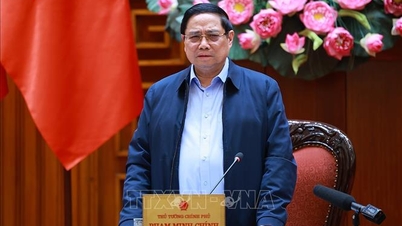

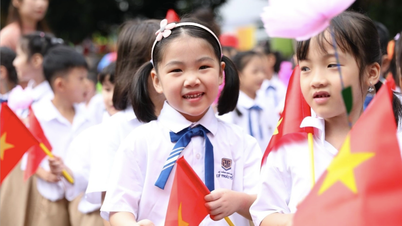



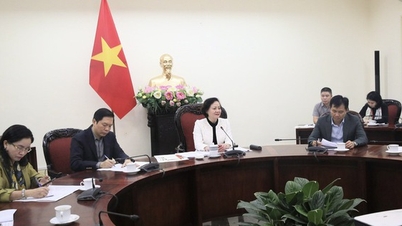

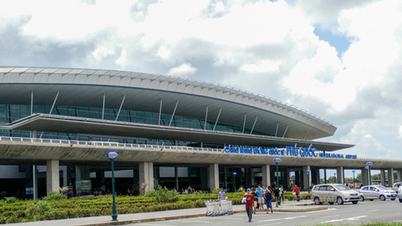
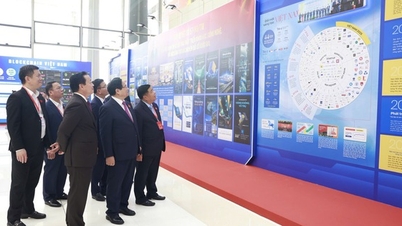

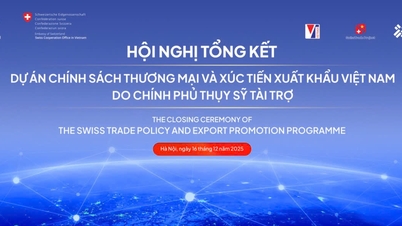

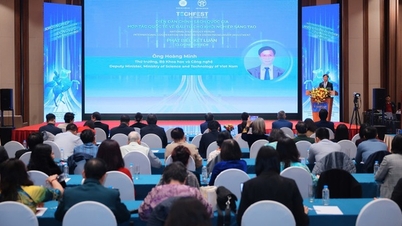

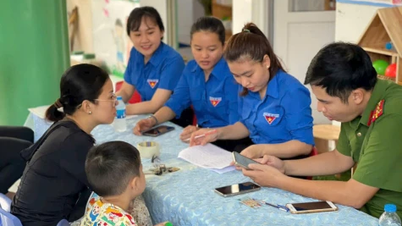

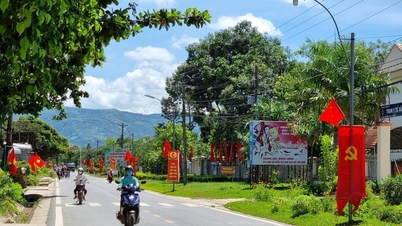

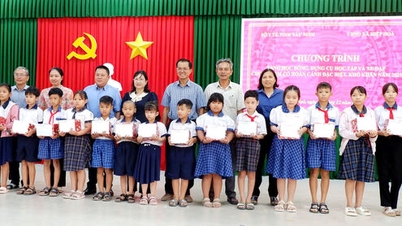

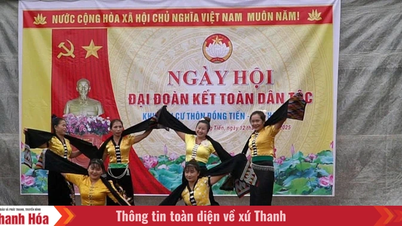

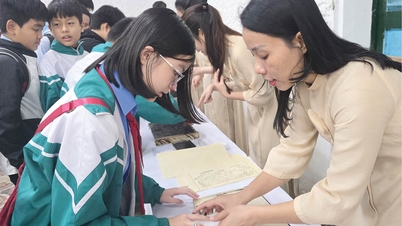












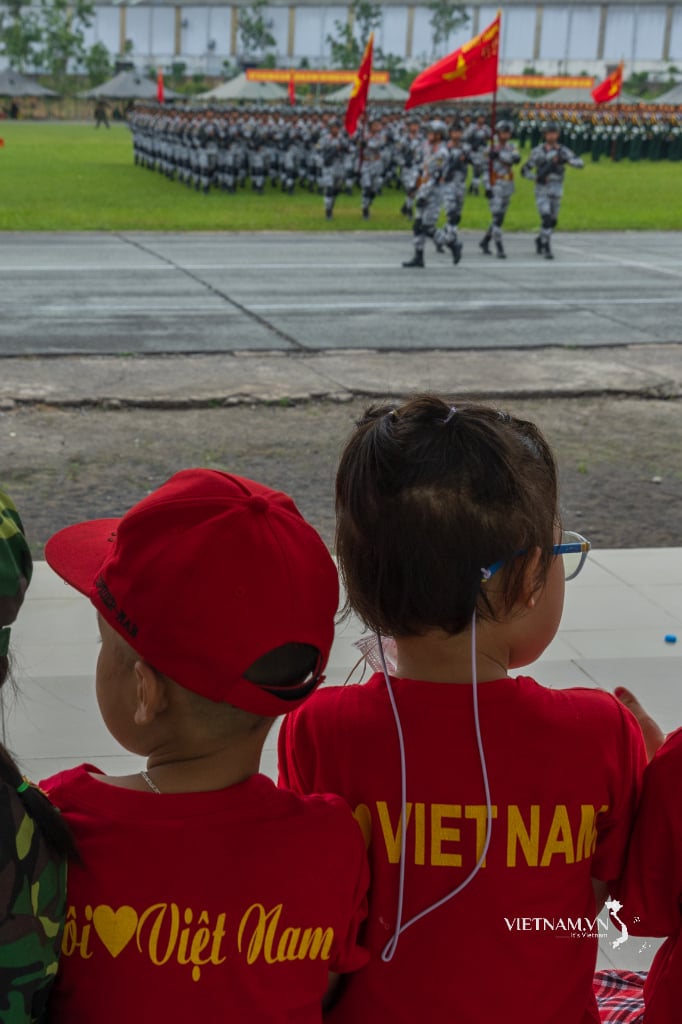

Comment (0)